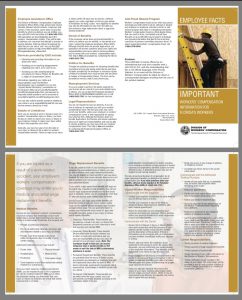 Wikipedia defines a functional capacity evaluation (FCE) as “a set of tests, practices and observations that are combined to determine the ability of the evaluated person to function in a variety of circumstances, most often employment, in an objective manner. Physicians change diagnoses based on FCEs.”
Wikipedia defines a functional capacity evaluation (FCE) as “a set of tests, practices and observations that are combined to determine the ability of the evaluated person to function in a variety of circumstances, most often employment, in an objective manner. Physicians change diagnoses based on FCEs.”
I, for one, consider FCEs junk science. At the very least, they must be handled with care. Most FCE administrators are not sufficiently grounded in science, case law and forensic issues. Examples may include misquoting standard journal articles and texts, making false statements, providing “junk science” opinions, including predicted functional capacity over prolonged periods projected into the future based on flimsy short-term testing, and interpretation, and deliberately omitting important facts and knowledge. Nevertheless, FCEs are a fairly common component within Florida’s workers’ compensation system.
Chapter 440 is the section of the Florida Statutes containing the workers’ compensation system’s statutory laws. Surprisingly, Chapter 440 contains no reference to FCEs. This means that a judge of compensation claims does not have authority to compel a claimant’s attendance at an FCE. Caution is counseled here: While a claimant cannot be compelled to attend, under some circumstances the refusal to attend may result in the loss of benefits.
 Florida Injury Attorney Blawg
Florida Injury Attorney Blawg










